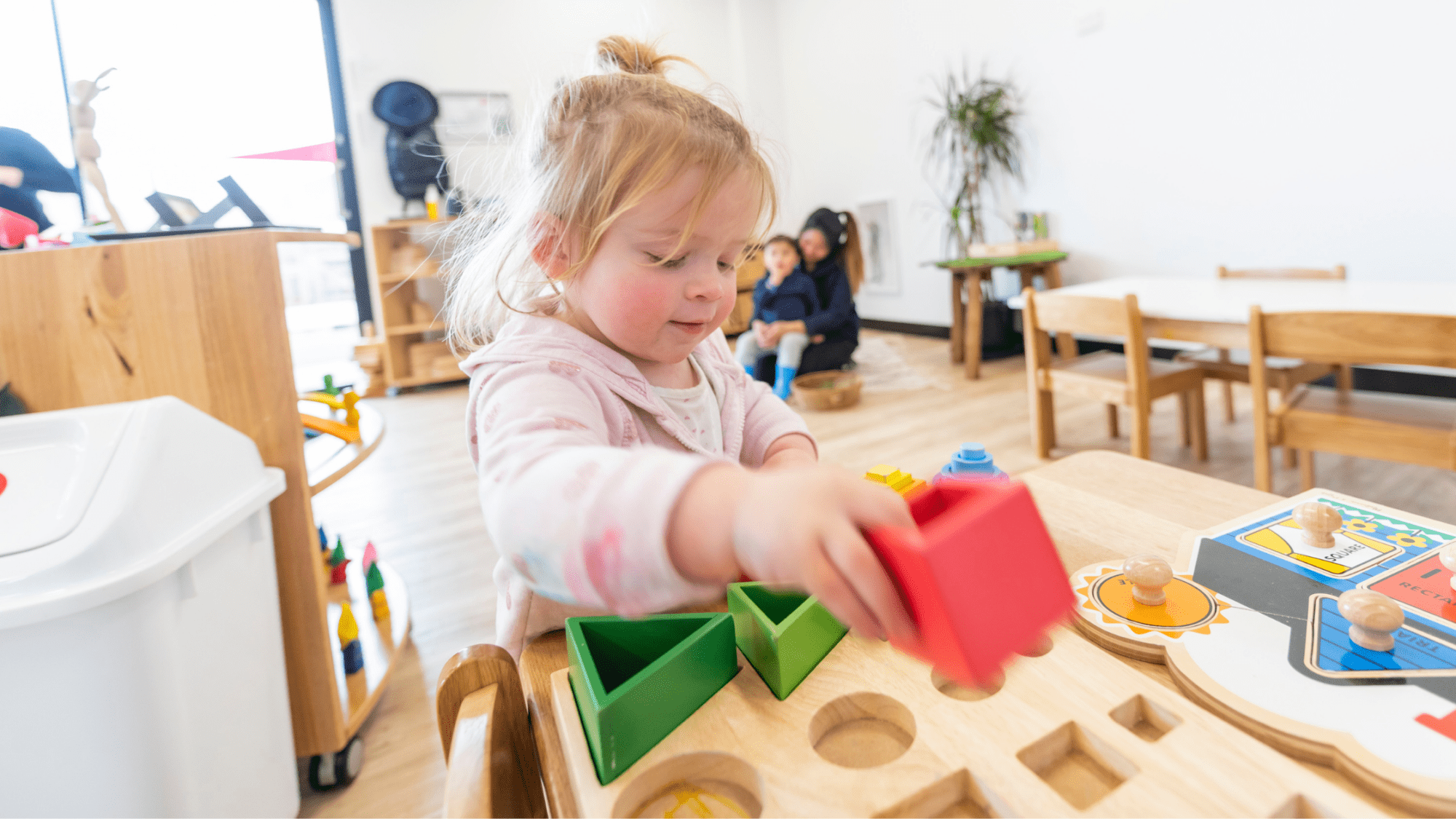The Significance of Play
Play is the language of childhood. It’s how children learn, make sense of the world around them, and develop essential life skills. So vital is play in a child’s life it is enshrined in the UN Convention on the Rights of the Child. Yet, across the globe, many children are deprived of this fundamental right.
Some children, due to circumstances beyond their control, are denied the opportunity to play. Economic instability, wars, and disruptions in their countries create an environment where play becomes a luxury. The pressure of academic learning and the desire to transition into adulthood often force children to abandon play prematurely. This culture develops disruptive behaviours which can last a lifetime.
Understanding How Play Shapes Development
Play isn’t just a frivolous pastime; it’s a profound mechanism through which children develop and engage with the world in a hands-on manner. Children are natural explorers, constantly seeking ways to understand their surroundings, and play provides the ideal tool for this exploration. What’s truly remarkable is how engaging play can facilitate the development of multiple neural pathways in a child’s brain.
The Complexity of Play
Play is not as simple as it may appear at first glance. Playwork – being the practice of creating and maintaining play-based spaces – views play through a complex lens, often referred to as the “play cycle”. This cycle involves various stages, and when we examine it closely, we realise just how intricate children’s play can be. During play, children learn vital skills such as negotiation, conflict resolution, social cues, and often, literacy, numeracy, and even STEAM concepts. Play is a limitless learning experience that occurs naturally and intuitively. Sometimes, adults inadvertently impose their own ideas of learning onto children, restricting the breadth of knowledge and understanding children can gain from their play experiences.
Embracing Messy Play
As adults, we tend to favour control and orderliness in our spaces. However, children’s play can be messy, unconventional, and not easily categorised within our structured systems of thinking.
Allowing children to take risks instils trust in themselves, helps them understand their limits and boundaries, builds self-confidence, and fosters a sense of achievements. It’s a way of saying to children, “I believe in your capabilities, and I support you.”
The way we raise our children has evolved significantly over the years, but one thing remains constant: their profound need to play. Play is the foundation upon which children’s development is built, and it’s crucial that we recognise its importance, support it, and champion it as a fundamental right for all children, regardless of their circumstances. In doing so, we empower the next generation to explore, discover, and grow into confident, capable individuals who are ready to embrace the world.
